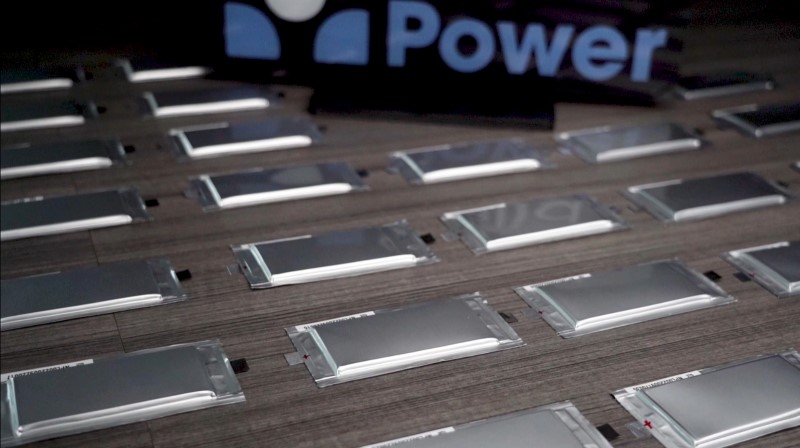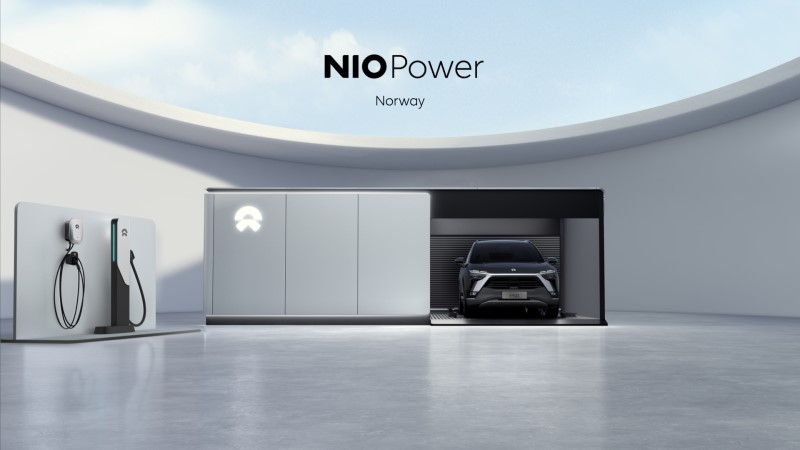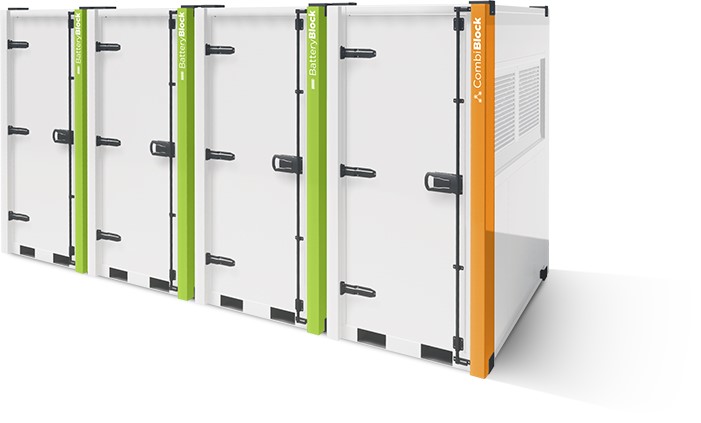Welcome to this week’s battery roundup. The most important news surrounding battery technology and production from Europe and beyond.
Solid Power: BMW and Ford Invest in Series B Round
The startup Solid Power, which has been working with BMW since 2017, has raised $130 million in its Series B round from Ford, BMW, and venture capital firm Volta Energy. The funding will allow the company to advance its solid-state battery development and move closer to production at scale.

This investment could be part of BMW’s strategy to introduce a test vehicle with solid-state batteries before 2025. I reported on this and how other European companies are approaching solid-state in my article “The State of Solid-State”.
Tesla’s $3 Patent Acquisition, Giga Berlin Delay Rumors
Mark Harris reported for TechCrunch that Tesla bought a patent application from the Canadian startup Springpower for $3. It describes a process with which the contaminated water resulting from cathode material production can be treated and reused. With current technology, up to 15,000 liters of contaminated wastewater are generated for every ton of cathode material produced. Whether this means that Tesla has taken over the company is not officially confirmed.
Ever since Giga Berlin was announced, the enormous water consumption has been criticized in the water-scarce region. Only recently, the regional water supplier had expressed that the supply might only be sufficient for the car factory. If the Berlin battery plant is to produce cathodes from raw materials (like Elon Musk mentioned for the North American battery factory on Battery Day 2020), the acquisition of the patent could help minimize this additional burden.
Recently, a report in the German magazine “Automobilwoche” raised the rumor that the start of production in Berlin would be delayed until January 2022. The claim was picked up by many other newspapers. This statement by an anonymous source from company circles has so far neither been confirmed nor denied. Last week I reported that the inclusion of the battery factory in the building application would most likely postpone the start date, Tesla officially expects the start of production to be this year.
BASF and Umicore Work Together on Battery Materials
German chemical company BASF and Belgian materials technology company Umicore have signed a cross-licensing agreement for their battery materials portfolio. The patent agreement covers a wide range of cathode materials and their precursors, including chemical compositions such as nickel cobalt manganese (NCM), nickel cobalt aluminum (NCA), nickel cobalt manganese aluminum (NCMA), and lithium-rich, high manganese high energy NCM (HE NCM).
“The continuous development of battery materials will accelerate the transformation towards full electrification and thus support the world’s efforts to fight climate change.”
Dr. Peter Schuhmacher, President of BASF Catalysts
NIO Publishes Timeline for Expansion to Europe
NIO announced its strategy for its expansion to Europe in a press conference on Thursday. Norway will be the first country of this expansion. Starting in September, one car model, a service center, and four battery exchange stations will be available in the Oslo area.

The company is thus pursuing its Battery-as-a-service strategy. In this video, you can watch this process. In just under 3 minutes, the empty batteries are swapped. Whether this concept stands a chance against fast-charging networks will be interesting to watch in the coming years.
Leclanché Unveils New Modular Energy Storage System

The Swiss energy storage company Leclanché introduced LeBlock, a new concept in battery energy storage systems featuring plug-and-play, modularity, scalability, a reduced carbon footprint, and environmental impact. The system consists of 1,5 m wide blocks and can be interlocked to be shipped like a standard shipping container. The individual modules with liquid-cooled batteries have a capacity of up to 745 kWh.
Beyond Europe: Japanese Murata to Produce Solid-State Batteries at Scale This Year
The Japanese company Murata announced that it would produce all-solid-state batteries at scale by the fall of this year. The batteries for mobile applications use an oxide for the electrolyte. It is not suited to large-capacity, high-output applications such as EVs. This ramp-up places a huge financial burden on the company whose battery division is not yet profitable.
Previously, the company had acquired Sony’s battery division. SSB promise a higher energy density, safer operation, and fast charging. Many automakers see great potential in the technology and promise the use of these novel batteries by 2025. However, as I reported in my article, no company has yet succeeded in producing solid electrolyte batteries on a large scale for passenger car applications. Although this application is quite different, it could show the production potential of SSB.
This is not a complete list of news from this week but the press releases and articles I found the most interesting. Let me know if I missed anything important. From now on, these updates will be published every Friday afternoon.
You can also follow me on Twitter (@BatteryBayEU), where I post some of the news before they end up in my weekly roundup. I’m looking forward to learning about your involvement or interest in the industry and chatting about everything batteries.
Also, please feel free to use the comment section below to leave any feedback or suggestions!
One thought on “This Week in Batteries – Week 18”
Comments are closed.